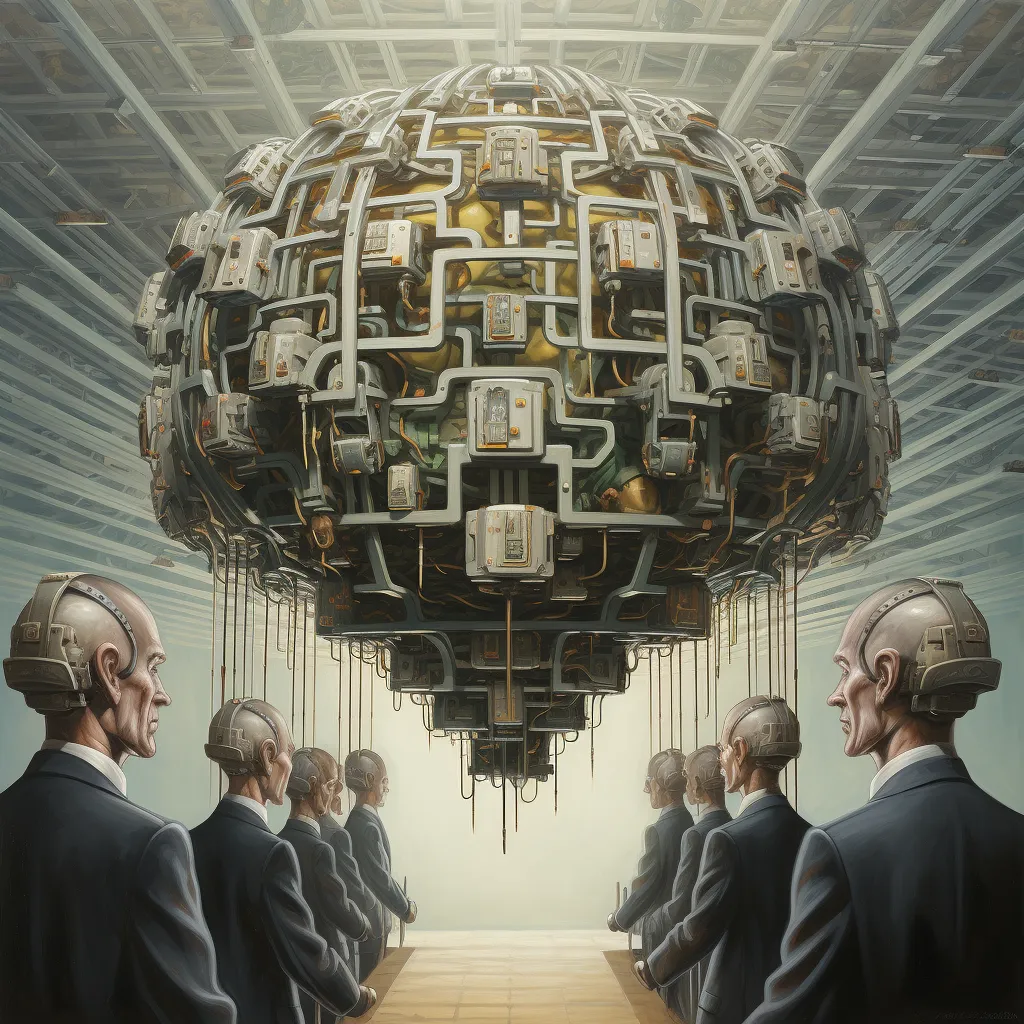In examining current oversight failures within the United States Congress, growing Congressional polarization and the politicization of national security issues, a disproportionate focus on appropriations without tangible oversight as well as the centralization of powers within the executive branch without meaningful Congressional oversight are all critical issues requiring immediate reforms. With regards to superficial oversight focusing on appropriations without examining the substance of oversight activities, there is a need to create a permanent Congressional Committee on Intelligence Oversight Reform to redraw the committee structure responsible for intelligence oversight. In turn and in relation to polarization’s problematic effects in relation to the politicization of intelligence, the Congress must pass reforms oriented at preventing the executive branch from making structural reforms to high-level national security and intelligence structures such as the Principals Committee of the National Security Council. Finally, and with executive branch consolidation of powers in the absence of Congressional oversight having led to abuses such as NSA surveillance against Americans, the executive branch should work proactively to build an Office for Presidential Privacy, Civil Liberties and Compliance so as to signal to the public that, if the Congress is unwilling to engage in meaningful oversight of the intelligence community, the executive branch will demonstrate leadership in doing so proactively by creating an office oriented at self-oversight.
At the baseline, the intelligence community reforms which followed the attacks of 9/11 may have worked to solve certain problems of dysfunctionality in the FBI and CIA all the while creating DHS and the ODNI but did little to mitigate the dysfunction that is present in the Congress in relation to intelligence oversight. With only the Select Committee on Intelligence in the Senate and Permanent Select Committee on Intelligence in the House engaging in routine oversight of intelligence activities, the proverbial maze of sub-committees integrated into these structures preclude meaningful substantive oversight of the intelligence community as many non-appropriation-related issues of relevance to oversight communities never make it out of sub-committees. Consequently, it is the structure of these committees which is dysfunctional and unwieldy as a result of having become spread too broadly with no chains of accountability between committees and sub-committees.
The structure of the committees responsible for the intelligence community’s oversight must thus be reformed in a manner conducive to enhancing its ability to engage in meaningful oversight that goes beyond a mere focus on appropriations. Given that an abundance of committees and sub-committees represents the most significant problem plaguing meaningful oversight of the intelligence community, it may appear counterintuitive to recommend that the creation of a permanent committee on intelligence community oversight reform is the optimal pathway to bringing about reform of Congressional intelligence oversight. That said and with successful reforms having followed such efforts in relation to the Dulles Report of 1949 and the Church Committee Report of 1976, a new and permanent reform-oriented committee is necessary for building institutional memory regarding intelligence reform within the Congress.
The ultimate goal of such a committee must be to restructure the committee structure which the Congress makes use of in relation to intelligence community oversight so as to build a dynamic system composed of a combination of permanent committees associated with appropriations and classified operations as well as temporary standing committees pertaining to specific issues or threats. In eliminating the existing and dysfunctional structure in favor of a combination of permanent and temporary committees, greater dynamism will be injected into Congressional oversight structures and will ensure that these committees will examine both the substance and the financial dimensions associated with the intelligence community. With this representing their core oversight functions, remedying the dysfunctional committee structure present in the Congress is thus critical for optimizing oversight activities.

